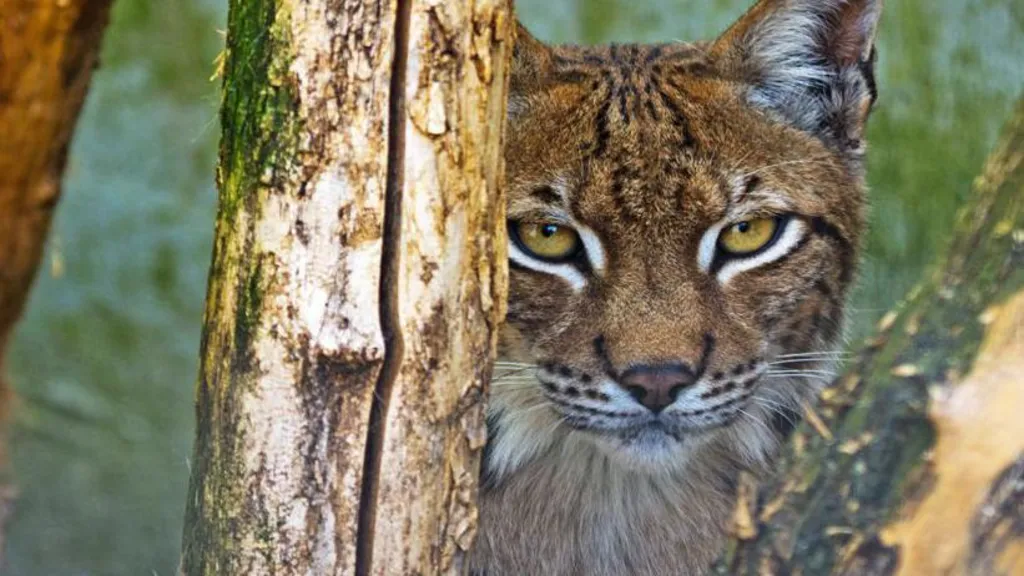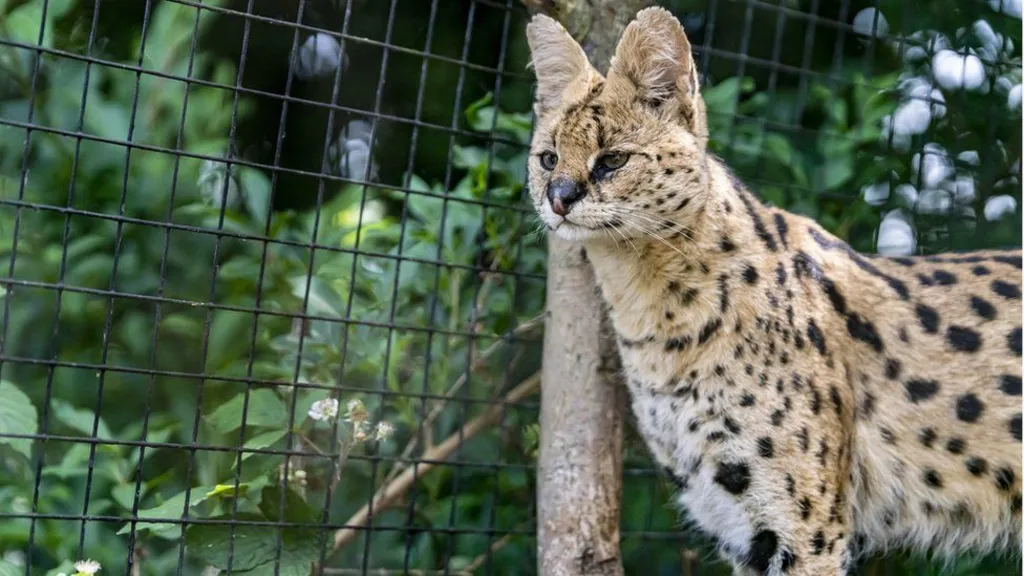Terrance Moore, 77, the proprietor of a big cat sanctuary near Welwyn, Hertfordshire, is currently on trial facing serious charges related to animal welfare.
Accused of 12 counts of causing unnecessary suffering to animals and 11 counts of using animals for commercial purposes without a proper license, Moore’s actions have come under scrutiny in St Albans Crown Court.
According to prosecutor Charles Miskin, Moore’s negligence led to unnecessary suffering among the animals under his care. Miskin described the sanctuary as chaotic, with dead animals found in freezers instead of being properly cremated. The overall conditions were deemed unsanitary and hazardous, with inadequate housing for some animals and a lack of proper vaccination protocols, endangering both the resident animals and visiting domestic cats.
Miskin also highlighted Moore’s resistance to modern veterinary practices, characterizing his approach as stubborn and outdated. Moreover, Moore allegedly profited from offering unauthorized interactions with big cats, exploiting them for commercial gain without obtaining the necessary permits.
The case sheds light on the importance of stringent regulations and ethical standards in animal sanctuaries, emphasizing the need for proper care and respect for the well-being of the animals they harbor.

According to Mr. Miskin, the sanctuary operated without a zoo license and was not accessible to the general public, although it did admit members. Despite its non-zoo status, Mr. Moore held full responsibility for the welfare of all animals within the facility.
The prosecution’s case alleges that Mr. Moore failed in his fundamental duty of care towards certain animals, resulting in their unnecessary suffering. This suffering, Mr. Miskin contends, stemmed either from blatant neglect, a steadfast aversion to modern veterinary practices, or financial motivations.
Among the inhabitants of the sanctuary were various species of wild cats, including Bengals and snow leopards.

During the trial, it was revealed that Mr. Moore utilized websites to advertise opportunities for photographers to have close encounters with the big cats, often at a considerable cost running into hundreds of pounds.
However, the prosecution asserted that Mr. Moore lacked the necessary permit from the Animal and Plant Health Agency to engage in such commercial activities involving animals.
The court heard that police, accompanied by a veterinarian, initially visited the sanctuary on July 27, 2022. During this visit, they reportedly found animals suffering from various ailments, with no evidence of veterinary care being sought for their conditions.
Subsequently, officers returned to the sanctuary on April 13, 2023, where they allegedly discovered over 20 animal carcasses stored in freezers. The prosecution claimed that there were no documented records of these fatalities.
The trial proceedings are ongoing, with further evidence and testimonies yet to be presented.
